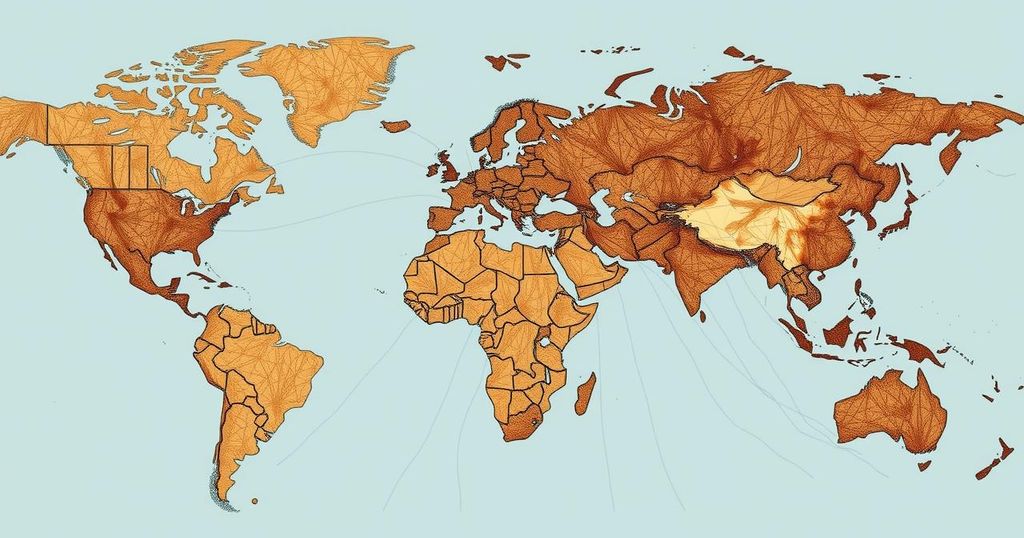Recent investigations indicate that the voluntary carbon market has repeatedly failed to protect human rights, with serious allegations of abuses in major carbon projects. Despite attempts by certification bodies such as Verra to enhance credibility, communities often bear the brunt of negative impacts, raising concerns about the integrity of carbon trading initiatives.
The voluntary carbon market is marred by significant human rights concerns, particularly regarding major carbon projects that often claim to support local communities. Investigations reveal that these projects have perpetrated serious abuses, including sexual harassment and forced evictions. The recent establishment of an international carbon market raises alarms about the potential for further harm to vulnerable populations. Notably, organizations like SOMO and Human Rights Watch highlight that the larger players in this market, such as Verra, have failed to address these grave issues effectively. While Verra oversees the certification of carbon credits to ensure integrity, the inadequacy of its processes has resulted in unaddressed abuses, leaving affected communities at greater risk. Reports indicate that after acknowledging serious allegations, Verra reinstated problematic projects without thorough investigations or on-site monitoring, prioritizing market expansion over human rights accountability. The ongoing efforts to recalibrate the market lack essential safeguards for the individuals who are purportedly meant to benefit from these initiatives.
The voluntary carbon market allows individuals, companies, and governments to purchase carbon credits to offset their greenhouse gas emissions. These credits represent investments in projects aimed at reducing or removing emissions, such as reforestation efforts or preventing deforestation. Recent investigations have exposed serious flaws in this system, showcasing instances where the benefits are overstated while communities suffer adverse impacts. The gap in treating these ventures as legitimate has raised important concerns regarding their integrity and the apparent neglect of human rights, especially in projects certified by organizations like Verra.
The findings present a troubling reality regarding the voluntary carbon market and its impact on vulnerable communities. Major certification bodies like Verra must critically reassess their oversight processes to ensure that the promised benefits of carbon credits do not come at the expense of human rights. As the market expands, it is vital to prioritize accountability mechanisms that genuinely protect and empower the communities they intend to support, rather than perpetuating harm under the guise of environmental responsibility.
Original Source: www.aljazeera.com






